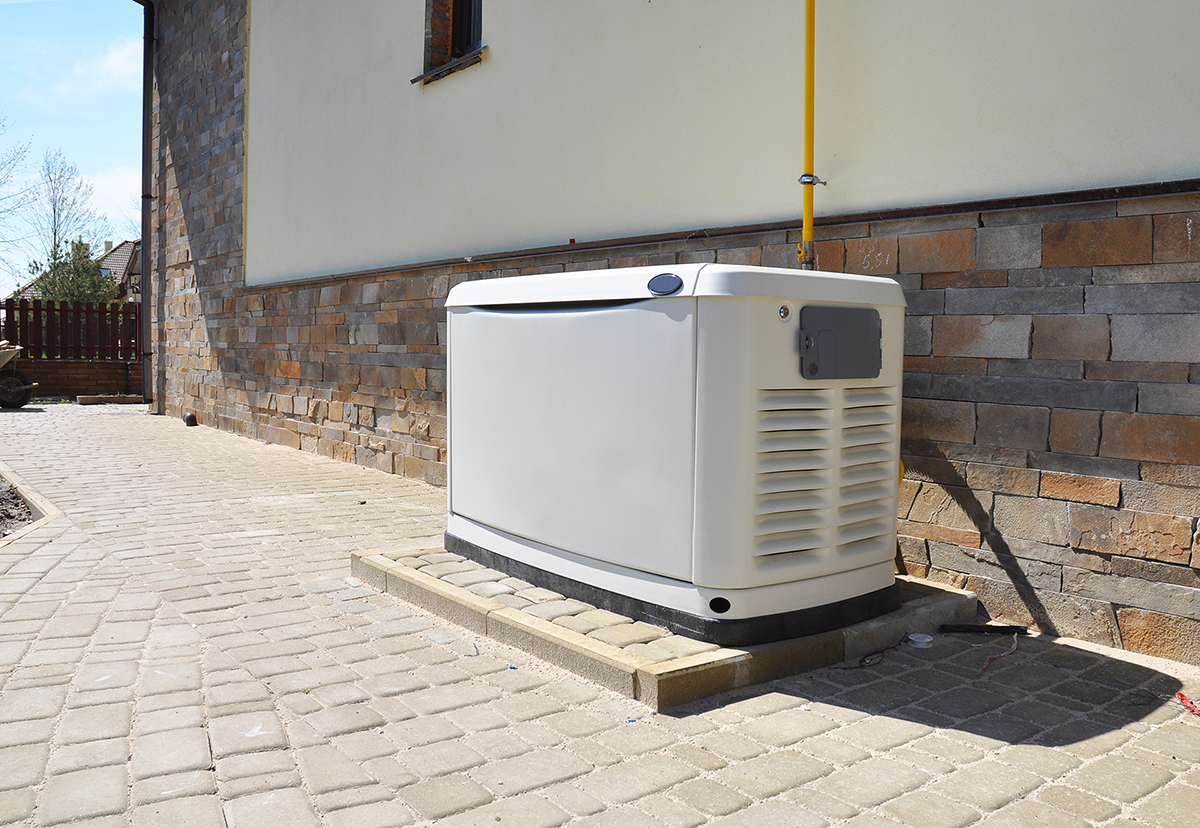Tired of losing power every time a major storm hits? It might be time to install a home generator. Also known as standby generators, these powerhouses are the key to staying safe and comfortable during severe weather events. Standby generators not only keep your lights and appliances running, but they also increase the value of your home.
Though they are valuable investments, a standby generator is not a small purchase and they involve a lengthy installation process. Here is what you should know before purchasing a standby generator.
Turn to the Professionals
Home generator installations are not DIY-friendly projects. Since these generators connect to a home’s electrical system, they have a complex installation process. You also must receive a permit from the city to install a generator, and in most cities, a licensed electrician or contractor must pull the permit. A professional electrician will be able to take into account your specific needs and match your generator’s wattage to fit them.
For instance, some homeowners only want their generators to power basic necessities, while others desire more luxuries to remain operating. Amateur installations may not deliver the power you want or they might deliver too much, causing circuit breakers to trip and damage your home’s appliances.
Don’t Rush Your Purchase Decision
Many homeowners make the mistake of rushing into purchasing a standby generator right before or after a major storm. When searching for a new home generator, take time to consider your options. Since not every home is the same size, neither are home generators. Consult with a professional to ensure you are purchasing the correct size generator and one that meets your specific needs.
Determine Where You Want to Place Your Generator
Keep in mind that standby generators are not indestructible and require maintenance. When determining the placement of your generator, make sure it is in an easy-to-access area for maintenance and repairs. Also, it is crucial to place your generator in a high area where it can avoid rising water. Lastly, keep it far from any combustible materials.
Consider the Fuel You Should Choose
Since there are different fuel types of home generators, consider the pros and cons for which is best for your lifestyle. For instance, generators fueled by natural gas offer an “always-on” fuel supply that is pumped directly into your generator so you don’t have to worry about running out of fuel. Diesel-fueled generators offer low-maintenance preparation, but they need to be run once a month and can be noisy. Lastly, propane generators burn cleaner, have a longer shelf-life and don’t degrade over time, but they are not as efficient as other fuel types.
With these tips and the assistance of a licensed electrician, you can enjoy the comfort of your home with a professionally installed home generator. Prepare your home to weather the next storm with Cajun Electric. Our team of professionally trained technicians can install your standby generator to fit your exact specifications and keep your appliances safe and running. Contact us and schedule an appointment to get your installation process started.

